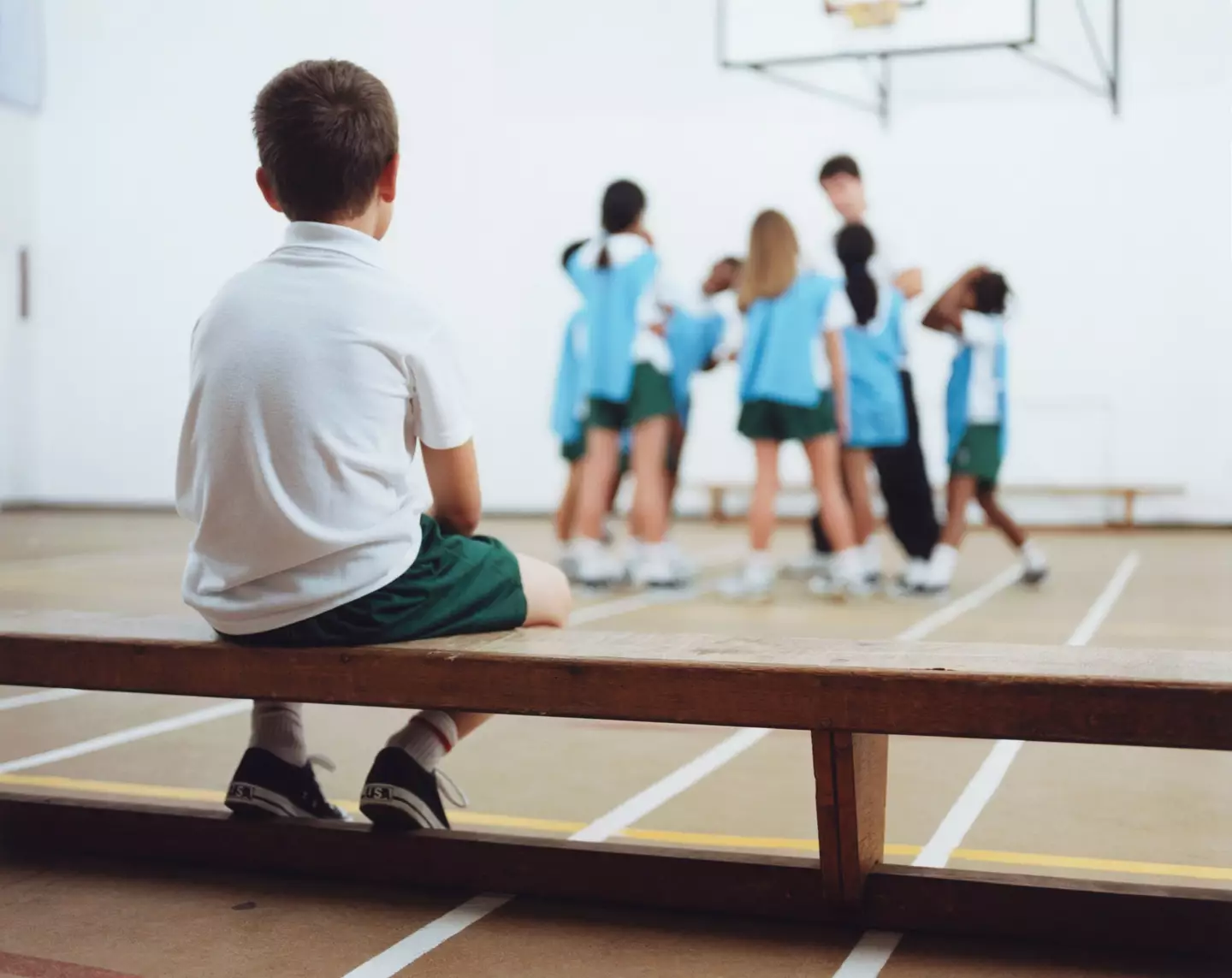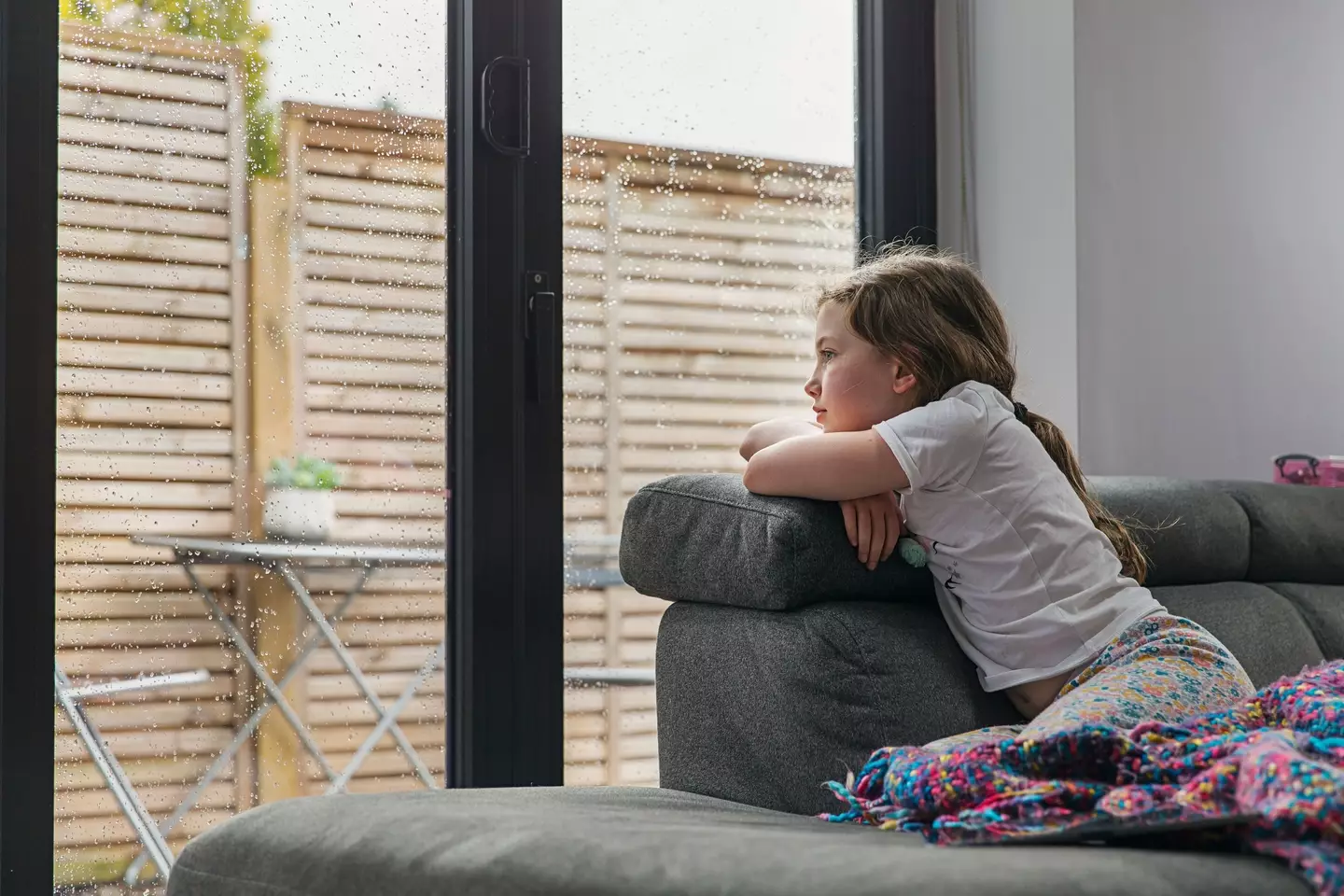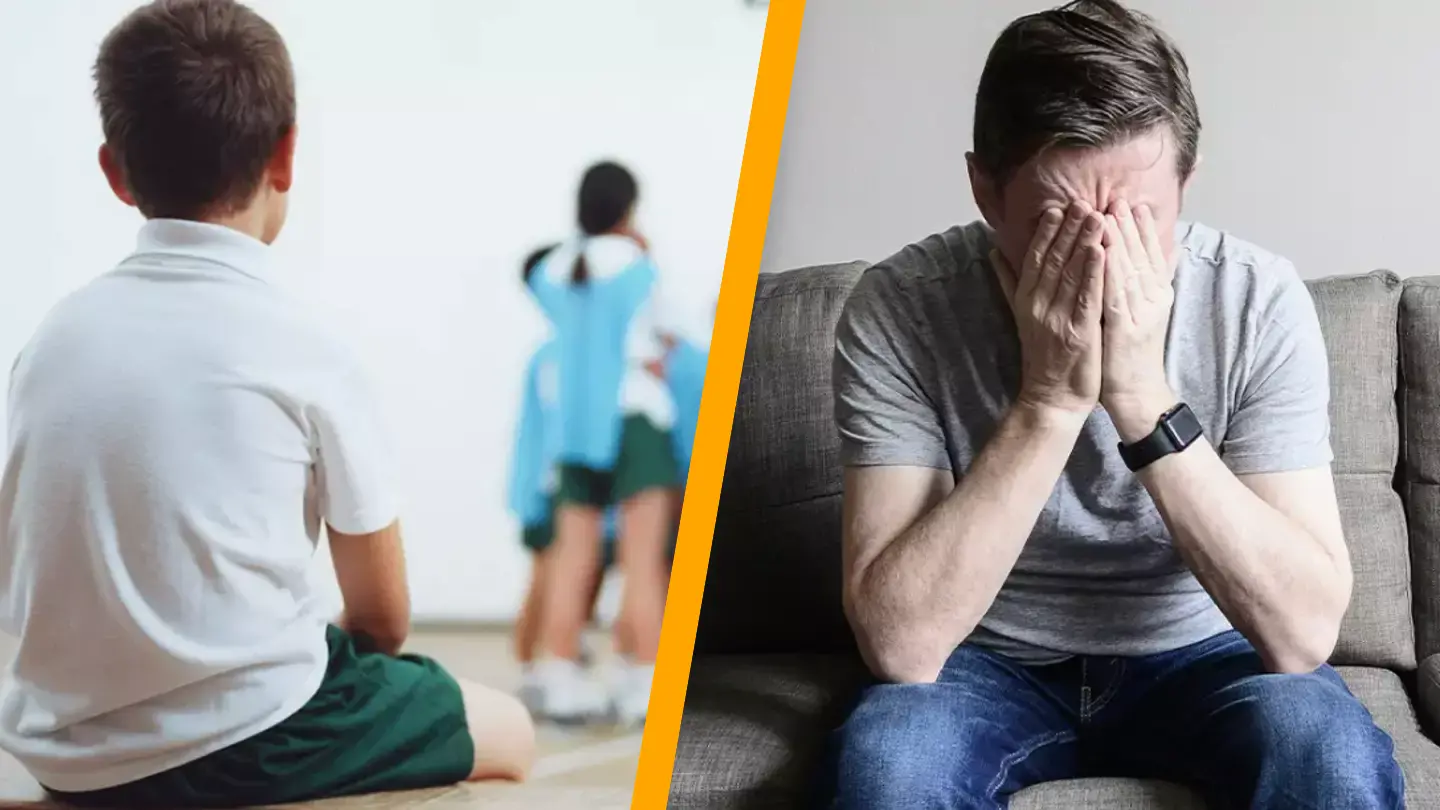Psychologists have identified why individuals who faced frequent exclusion during childhood often develop certain characteristics in adulthood.
Raising children is challenging, and mistakes are inevitable. Several psychologists have discussed how childhood experiences can significantly shape one’s future.
Being left out is a common occurrence during childhood. Consider a birthday party you weren’t invited to or learning about a gathering of friends only after seeing it on social media.

Dr. Alexandra Stratyner, a psychologist, has examined the long-term effects of feeling chronically excluded during childhood. “Childhood is the most significant time for our development, meaning what happens during these years can significantly impact us for the rest of our lives,” she told Parade.
“Being excluded as a child can cause feelings of loneliness, sadness, anger, self-doubt and anxiety. If these feelings are not addressed, they can linger into adulthood, which can hurt one’s mental health.”
FOMO continues into adulthood, whether it’s missing out on work gatherings or social meet-ups with friends.
What are the 11 traits typically seen in adults who experienced regular exclusion during childhood?
In some cases, individuals may internalize the blame for being excluded, leading them to believe there is something inherently wrong with them.
Dr. Brandy Smith explains: “The possible insecurity within situations could stem from reduced social interactions, so there is literally less data to pull from regarding how to interact with others.”
Those who were overlooked as children might strive for recognition as adults, often engaging in perfectionist behaviors.
Children who faced social exclusion might turn to creative outlets, such as writing or music, which can benefit them in adulthood for brainstorming and problem-solving.
Experiencing exclusion in childhood can teach the value of loyalty and the importance of being loyal to others.
“This is because they value the relationship greatly and would go to great lengths to protect it,” Dr. Stratyner said.
Children who felt excluded in situations like team selections during gym class may develop strong empathy for others.

Being left out or picked last can foster feelings of low self-esteem and self-doubt.
Dr. Joel Frank from Duality Psychological Services notes: “For instance, if someone was excluded as a child, they may hesitate to share their ideas at work, fearing they won’t be valued.”
If you find yourself being overly critical of your actions or presentation, it may trace back to your inclusion in childhood social activities.
“Individuals may notice a heightened sense of vigilance, constantly watching for signs of rejection,” Dr. Frank says.
Some adults may attempt to blend in with others to form connections.
Psychologists have previously explored the effects in adulthood if a child does not receive compliments.
An individual might base their self-worth on the number of social invitations they receive as an adult.
Adults may end up isolating themselves from social gatherings due to exclusion experienced in childhood.
“Sometimes, when a person is often excluded, they will focus on self and create their own world, whether that be an imaginative world they connect with or becoming overly independent and not wanting much, if anything, to do with others,” Dr. Smith says.
As a response to their childhood experiences, some adults may seek structured environments for comfort and reassurance.

